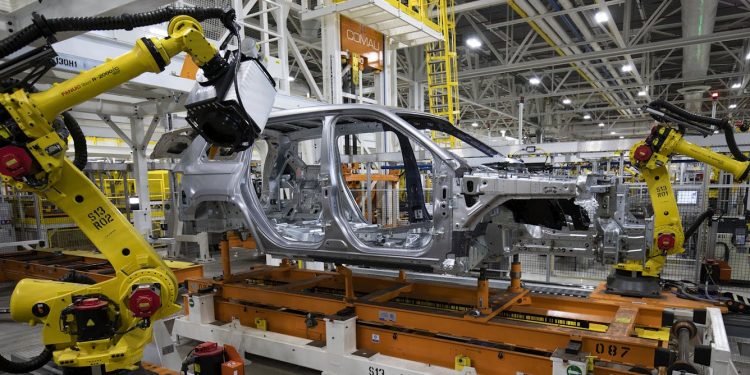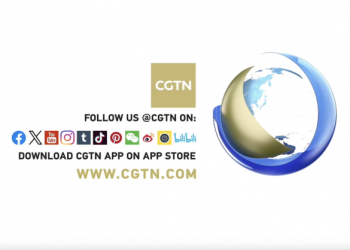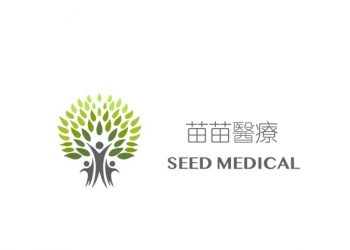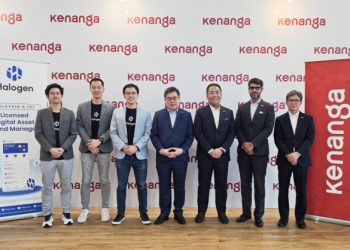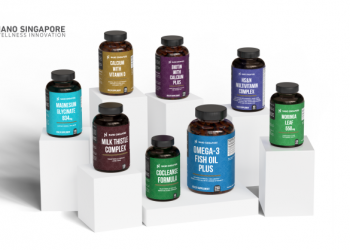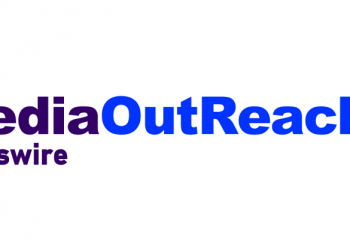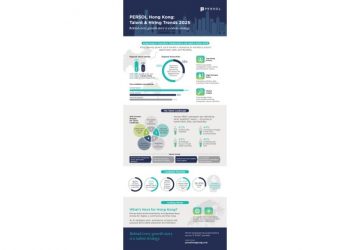President Donald Trump unveiled a sweeping new tariff plan on April 2, 2025, to reshape U.S. trade and boost domestic industry.
Framing the announcement as “Liberation Day,” he proposed a 10% tariff on essentially all imports, with steeper rates for major trade partners, including 34% on Chinese goods and 20% on those from the European Union. Starting April 3, a 25% tariff on all foreign-made cars and auto parts will take effect – a move that he says will revive U.S. manufacturing and reset America’s trade agenda.
But the fanfare surrounding the announcement masks a much larger gamble. What’s really at stake is trust – America’s long-standing reputation as a stable and predictable destination for global investment. And once that trust is lost, it’s incredibly hard to win back.
The strategy is presented as a robust defense of American manufacturing and the middle class. But foreign direct investment – when overseas companies build factories or expand operations in the U.S. – depends on more than just opportunity. It depends on certainty.
If global investors start to worry that U.S. trade policy can shift abruptly, they may relocate their capital elsewhere. As such, the administration’s aggressive approach to tariffs risks undermining the very confidence that has long made the U.S. a top destination for global capital.
Auto tariffs as a case in point
Nowhere is this risk more visible than in the auto industry.
In 2023 alone, the United States attracted over US$148 billion in foreign direct investment, with nearly $42.9 billion tied to manufacturing, including in the automotive sector. Over the past few decades, major global automakers such as Toyota, BMW and Hyundai have established expansive plants in states including Alabama, Ohio and Kentucky.
These facilities – many of which have seen significant reinvestment and expansion in recent years, especially in response to the shift toward electric vehicles – employ thousands of Americans and contribute significantly to local economies.
Trump’s tariff push aims to get automakers to manufacture more vehicles on U.S. soil to overcome rising import costs. It’s a strategy with precedent. During his first term, the threat of auto tariffs, alongside existing plans, helped spur Toyota’s $1.6 billion investment in a North Carolina plant and Volkswagen’s expansion of its operations in Tennessee. It’s not far-fetched to imagine Honda or Mercedes following suit with new factories in Indiana or Texas.
But here’s the catch: “Made in the USA” doesn’t always mean “made for less.” American auto plants often face productivity and efficiency gaps compared with foreign competitors. Labor costs are higher. Assembly lines move more slowly, partly due to stricter labor protections, less automation and aging infrastructure. And U.S. automakers such as Ford and GM still depend heavily on global supply chains. Even for vehicles assembled in America, about 40% of the parts, such as engines from Canada and wiring harnesses from Mexico, are imported.
When those parts are taxed, production costs go up. Moody’s estimates that pickups such as the Ford F-150 and Chevy Silverado could cost $2,000 to $3,000 more as a result. Goldman Sachs projects price hikes of up to $15,000, depending on the vehicle. Automakers then face a dilemma: raise prices and risk losing customers or absorb the costs and cut into their margins.
A ripple effect across the economy
Tariffs may protect one industry, but their ripple effects reach much further. They raise costs for other sectors that rely on imported inputs, slow down production by making supply chains more expensive and less efficient, squeeze profit margins, and leave businesses and consumers with harder choices.
Factories represent billion-dollar investments that take years to recoup their costs. Mixed signals, such as the president calling tariffs “permanent” one moment and negotiable the next, create a climate of uncertainty. That makes companies more hesitant to build, hire and expand.
And investors are watching closely. If building in the U.S. becomes more expensive and less predictable, is it still a smart long-term bet? When a company is deciding where to build its next battery plant or chip facility, volatility in U.S. policy can be a deal breaker.
The consequences could surface soon. Goldman Sachs has already lowered its 2025 U.S. GDP growth forecast to 1.7%, down from an earlier 2.2%, citing the administration’s trade policy risks. Consumers, still grappling with inflation and high interest rates, may begin to delay big-ticket purchases, especially as tariffs push prices even higher.
The international fallout
America’s trading partners aren’t standing still. Canadian Prime Minister Mark Carney says his country “will fight back – with purpose and with force.” The European Union is exploring duties on American tech firms. Japan, a longtime ally, is signaling unease. If these countries redirect investment to other countries, the U.S. could lose its competitive edge for years to come.
And while roughly 1 million Americans work in the auto manufacturing industry, more than 150 million make up the total American labor force. When tariffs drive up input costs, it can trigger a chain reaction, hurting retailers, stalling service-sector jobs and slowing overall economic growth.
Consumers will feel it too. Higher prices mean lower sales, reduced tax revenues and shrinking profits. All of that weakens the economy at a time when household budgets are already strained.
Lessons from history
The U.S. has seen how trade policy can shape investment decisions – just in reverse. In the 1980s, Japanese automakers responded to U.S. import quotas not by withdrawing but by building plants in the United States. That response was possible because policies were clear and negotiated, not abrupt or adversarial.
Today, the story is different. Volatile, unilateral tariffs don’t build trust – they erode it. And when trust erodes, so does investment.
Yes, a factory in Indiana or Kentucky might reopen. Yet if that comes at the cost of deterring billions of dollars in long-term investment, is it worth it?
So while the president may celebrate April 2 as Liberation Day, markets may come to see it as the tipping point – when global confidence in the U.S. economy began to falter in earnest.
![]()
Bedassa Tadesse does not work for, consult, own shares in or receive funding from any company or organization that would benefit from this article, and has disclosed no relevant affiliations beyond their academic appointment.

